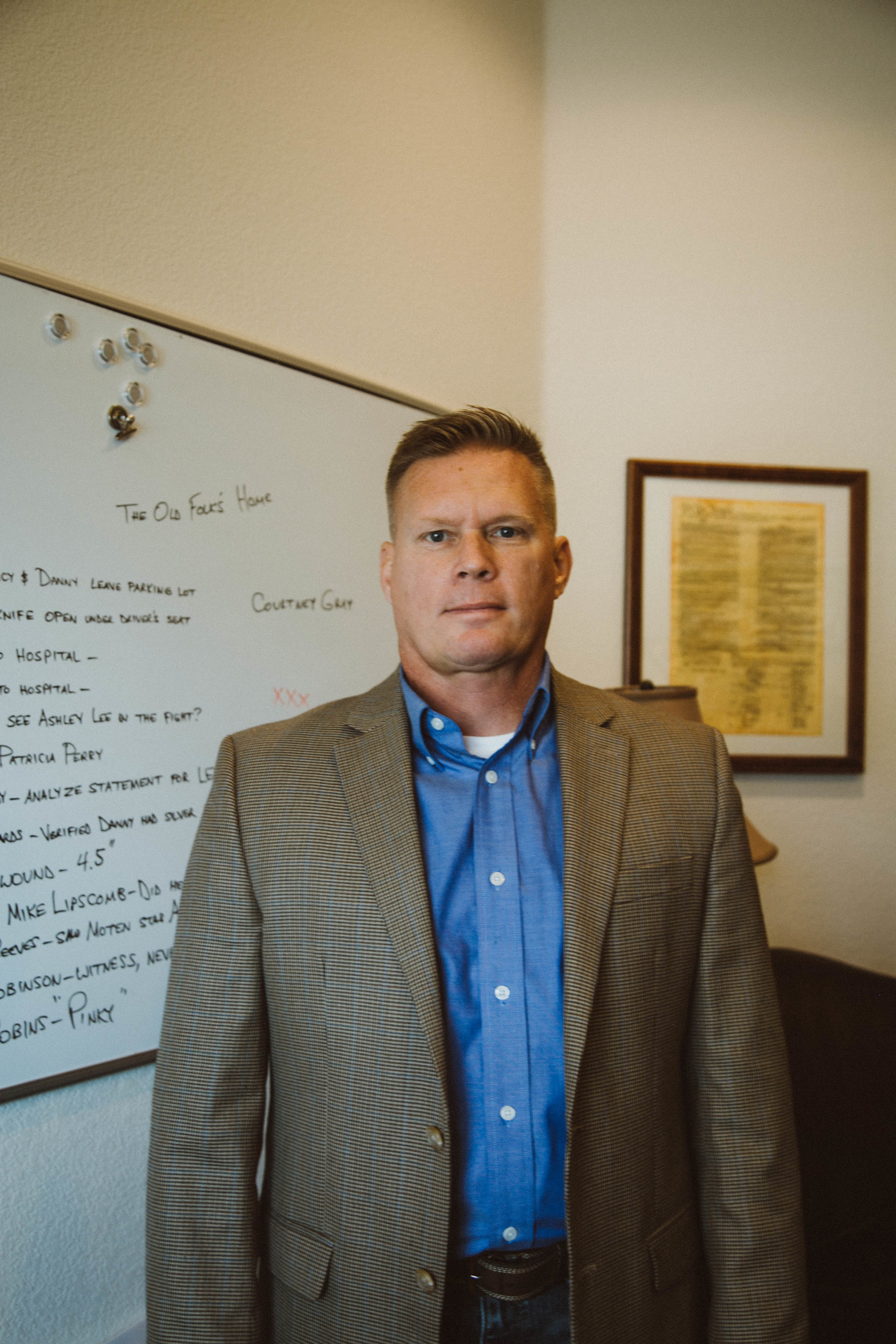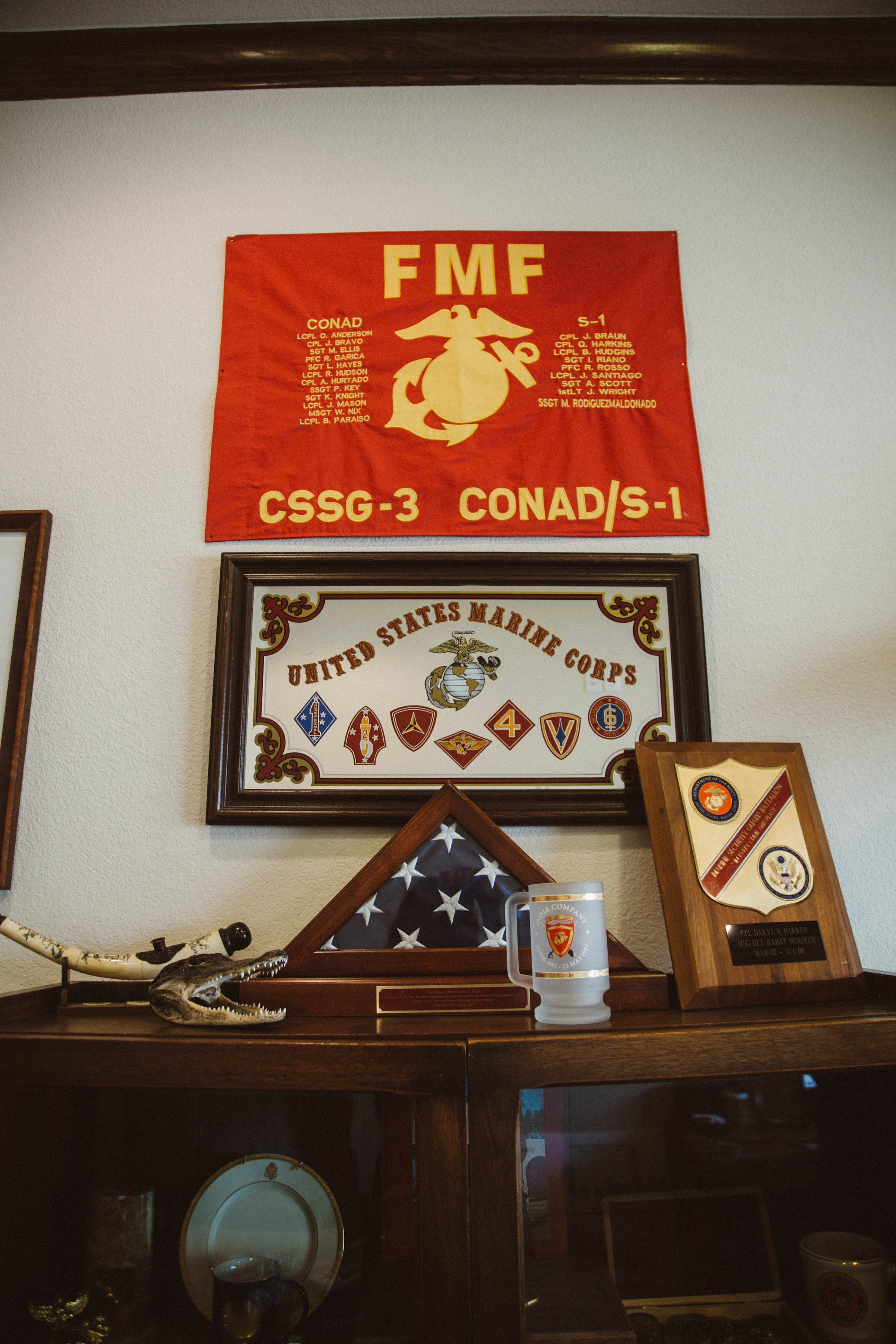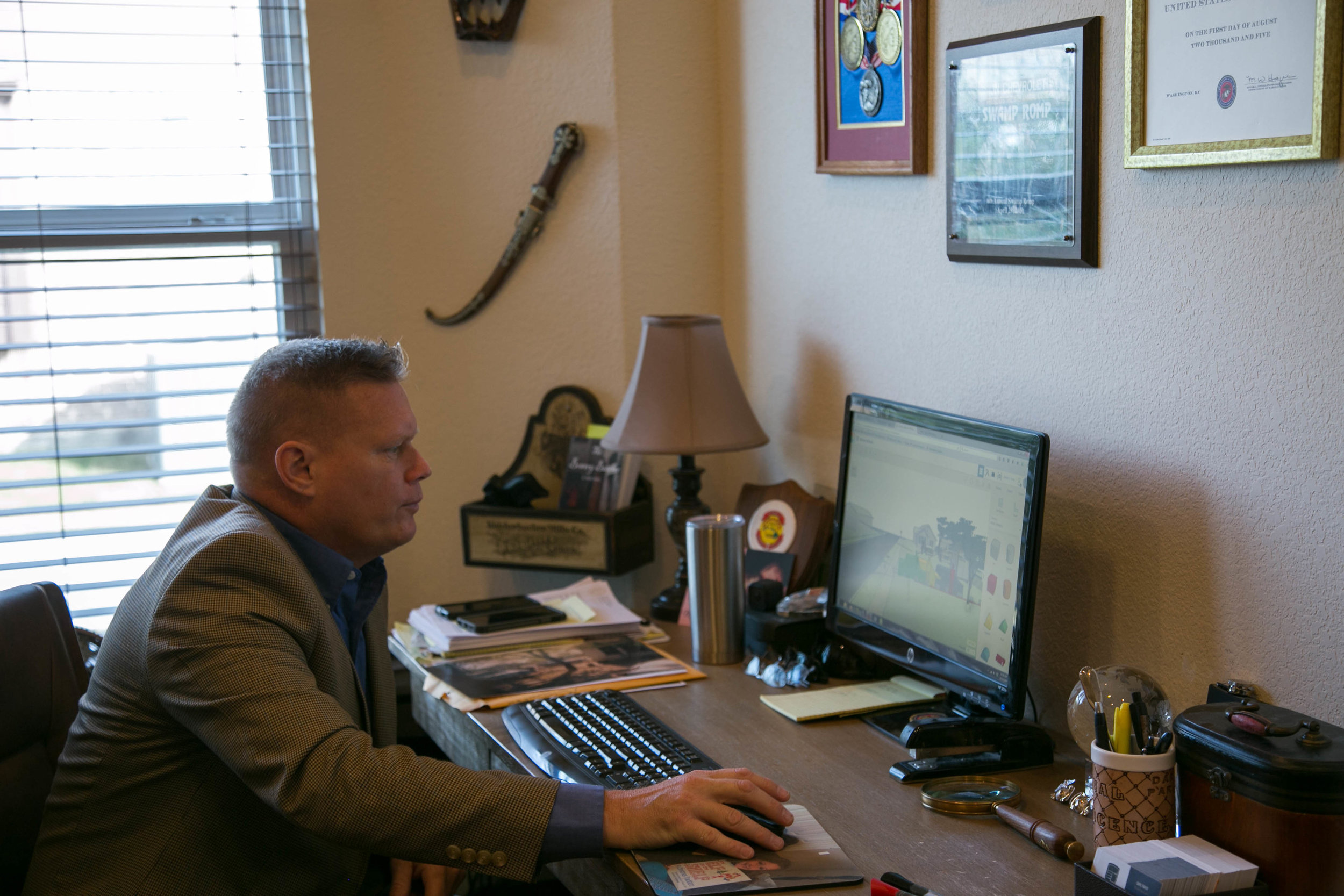Gustavo Mireles has been in prison for 16 years. In 2001, he went to a bar to enjoy a drink before turning in for the night. While there, he met and spoke with Mary Jane Rebollar, a woman who would end up murdered, her body discovered by police in her truck two days later. Instead of investigating Rebollar’s boyfriend, a cartel drug-dealer with a violent criminal history, the woman’s murder was pinned on Mireles, who was sentenced to life in prison. The evidence presented in trial was manipulated to create a link between the man enjoying an evening cocktail and a woman who ended up dead. The DNA evidence used to convict Mireles had suspicious inconsistencies, and raised serious questions about how they were collected, stored, and tested. Fingerprints found at the crime scene matched neither Mireles, nor the victim. Error, tunnel vision, and manipulation of the evidence all compounded to ensure Mireles was convicted, and sentenced to life in prison.
In a day and age where exonerations are featured and even celebrated in popular culture (think Serial and Making a Murderer), it may seem like a field of work that’s gaining rapid support and traction. While that’s true in some cases, Daryl Parker can attest to the uphill battles that investigators face on a daily basis as they seek to prove that their clients have been imprisoned unjustly.

Daryl has always been a supporter of law enforcement, thanks to his many years of service to our country both through the military and as a police officer. He served in the Marine Corps for 21 years and also worked in various capacities within the greater Dallas area police forces and sheriff’s offices. He enjoyed his work and was good at it, but, he says, “When I was a police officer, I saw things that bothered me. It motivated me to look at the criminal justice system from a different perspective.”
Daryl started to hear more and more about the number of cases where innocent men and women were convicted of crimes they did not commit. He enrolled in Southern Methodist University’s Masters of Human Rights and Social Justice program, where he did research on compelling cases of injustice. While in the program, Daryl participated in a community service opportunity that partnered with the Innocence Project of Texas. Daryl volunteered to use his experience and training as a criminal investigator to review cases. It was in this role that he learned more about the plight of Gustavo Mireles.

“What I started finding was there were a lot more Gustavo Mireles’s than I ever imagined,” he said. “Prior to being involved in this kind of work, I was a proponent of the death penalty—but I can’t support that anymore because I know that Mireles is innocent. I can prove that he’s innocent, but he could have very easily been sentenced to death and executed by now.”
After graduating, Daryl became a private investigator. He opened his own firm, (Parker Investigative Solutions) but still envisioned creating a service for those who had been wrongfully convicted. As a result, Actual Innocence Review (AIR) was born. The non-profit organization strives to effect criminal justice reform by providing professional, comprehensive investigative services to low-income or indigent citizens accused or convicted of felony-level crimes for which they are claiming innocence.
While Daryl is the founder and primary investigator of AIR, it operates with the advice of a board, and takes advantage of a flexible network of attorneys, forensic services, and other investigators who are willing to provide pro bono or reduced-rate services.
AIR conducts a three-step process for its clients: first, a complete case review is conducted to determine whether there is sufficient cause to reopen the case. Once the case has been vetted and the AIR board agrees to pursue it, the investigation process begins. This part, which can last up to a year or more, is the down and dirty work; the piece that requires the most focus. Daryl must conduct a complete investigation, beginning with the evidence on record, but then expanding to look for new evidence. If he finds new evidence that supports the defendant’s claim of actual innocence, next comes the arduous task of getting the case back into court.

“I was a very black-and-white person, but my experiences with the criminal justice system have introduced me to a lot of gray shades,” Daryl said. “It was a wake up call, and I’ve decided to become part of the solution.”
To get involved, or find out more about Daryl’s work, visit AIR’s website to get in touch with the team and learn how you can support the project.
If you know someone who is Doing Good in Dallas, we’d love to hear about it! Share their story with us.
Story by Rachel Brown. Photos by Hunter Folsom.